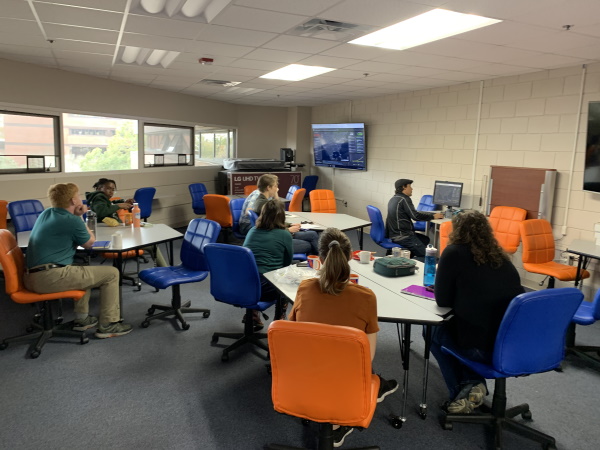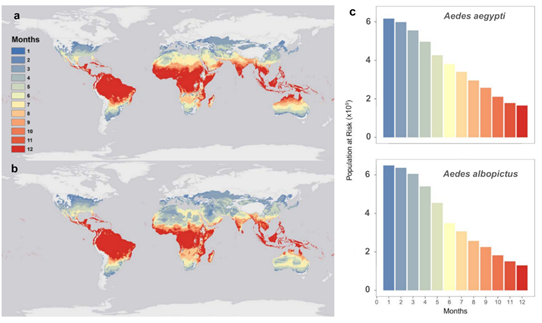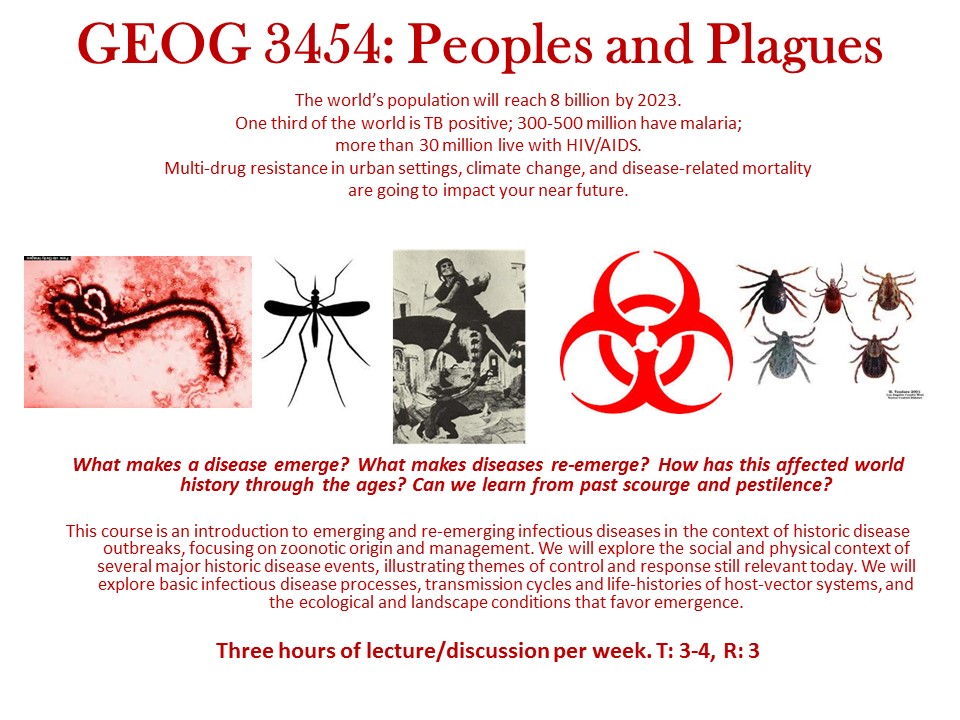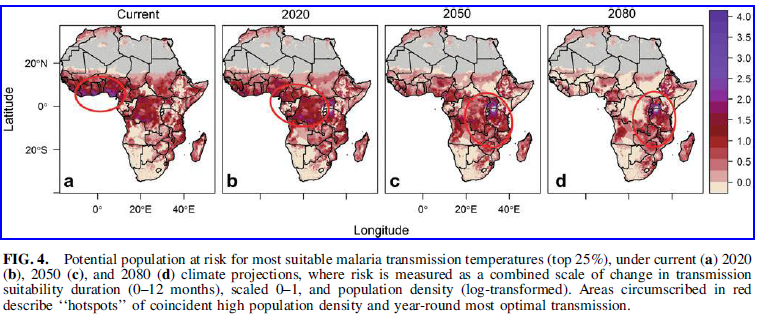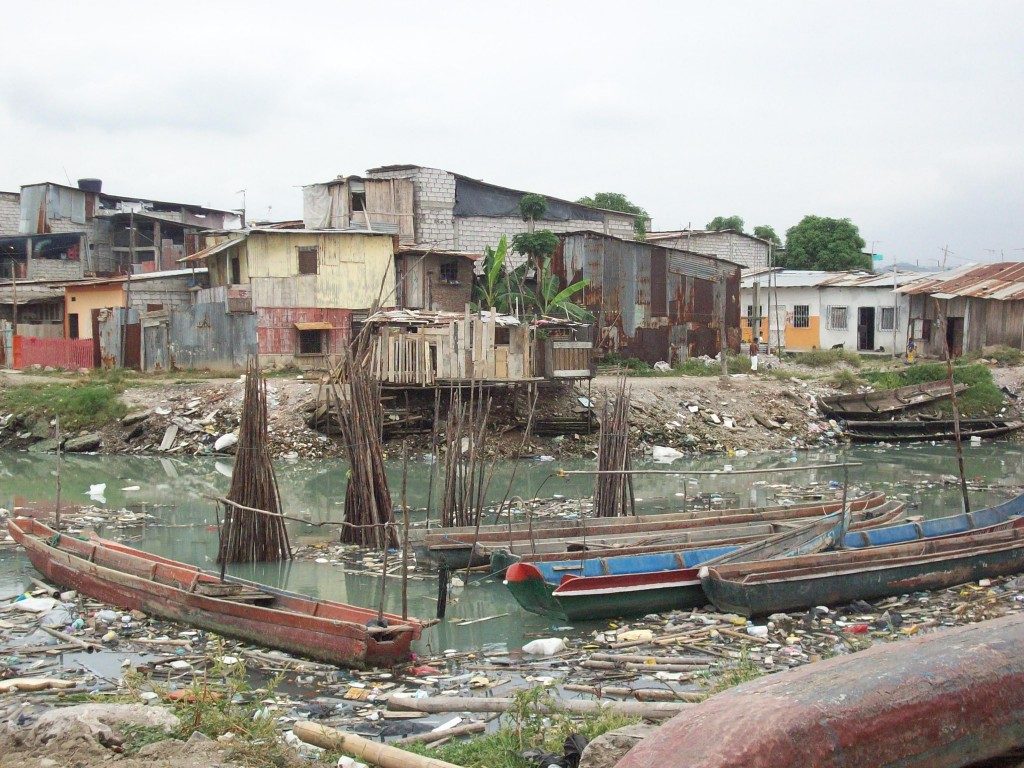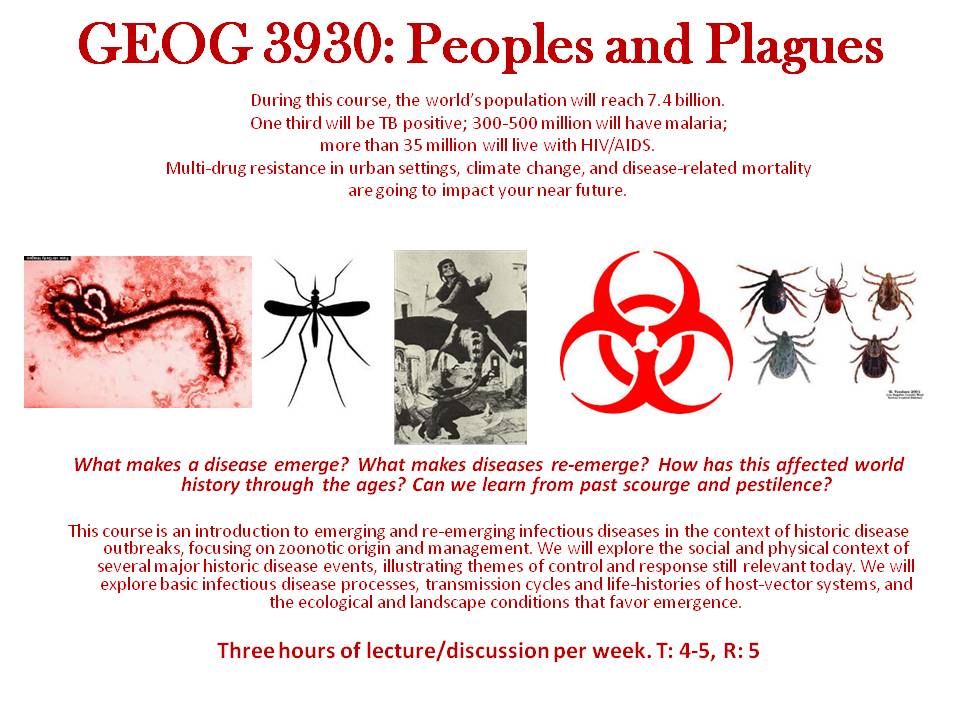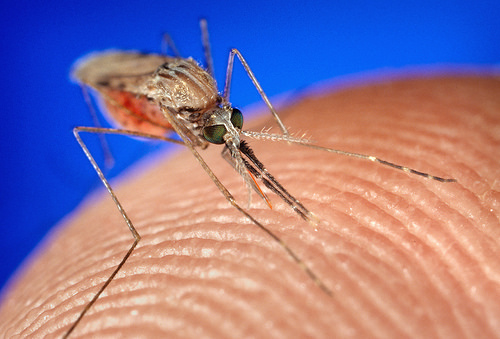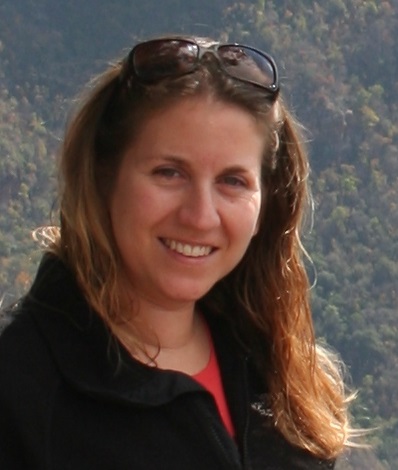Mosquito Net Fishing as a Normal Accident and the Roles of Traditional and Bureaucratic Authority
RYAN – Mosquito Net Fishing as a Normal Accident and the Roles of Traditional and Bureaucratic Authority Rick Welsha, Elizabeth A. Pickard, Sadie J. Ryan, Joseph H. Bisesi Jr, Joseph Makaure, Donald J. Stewart, David A. Larsen Article first published online: 3 November 2022 DOI: doi.org/10.1080/08941920.2022.2139443 ABSTRACT: In the 1980s, malaria researchers experimented with treating mosquito nets […]

